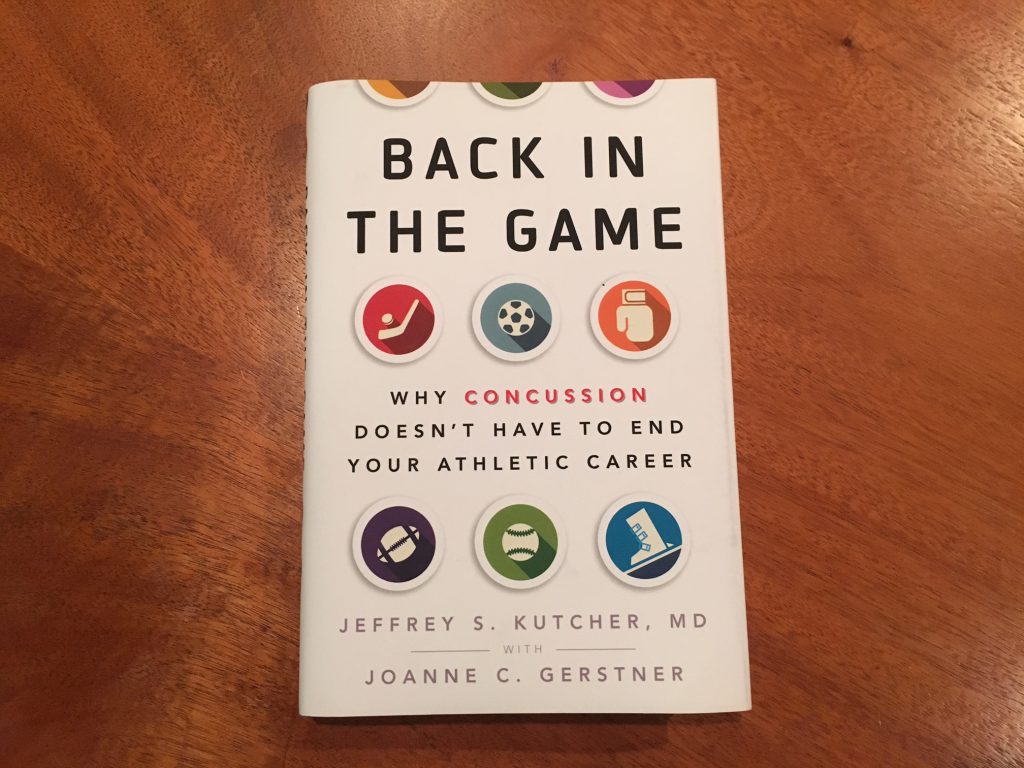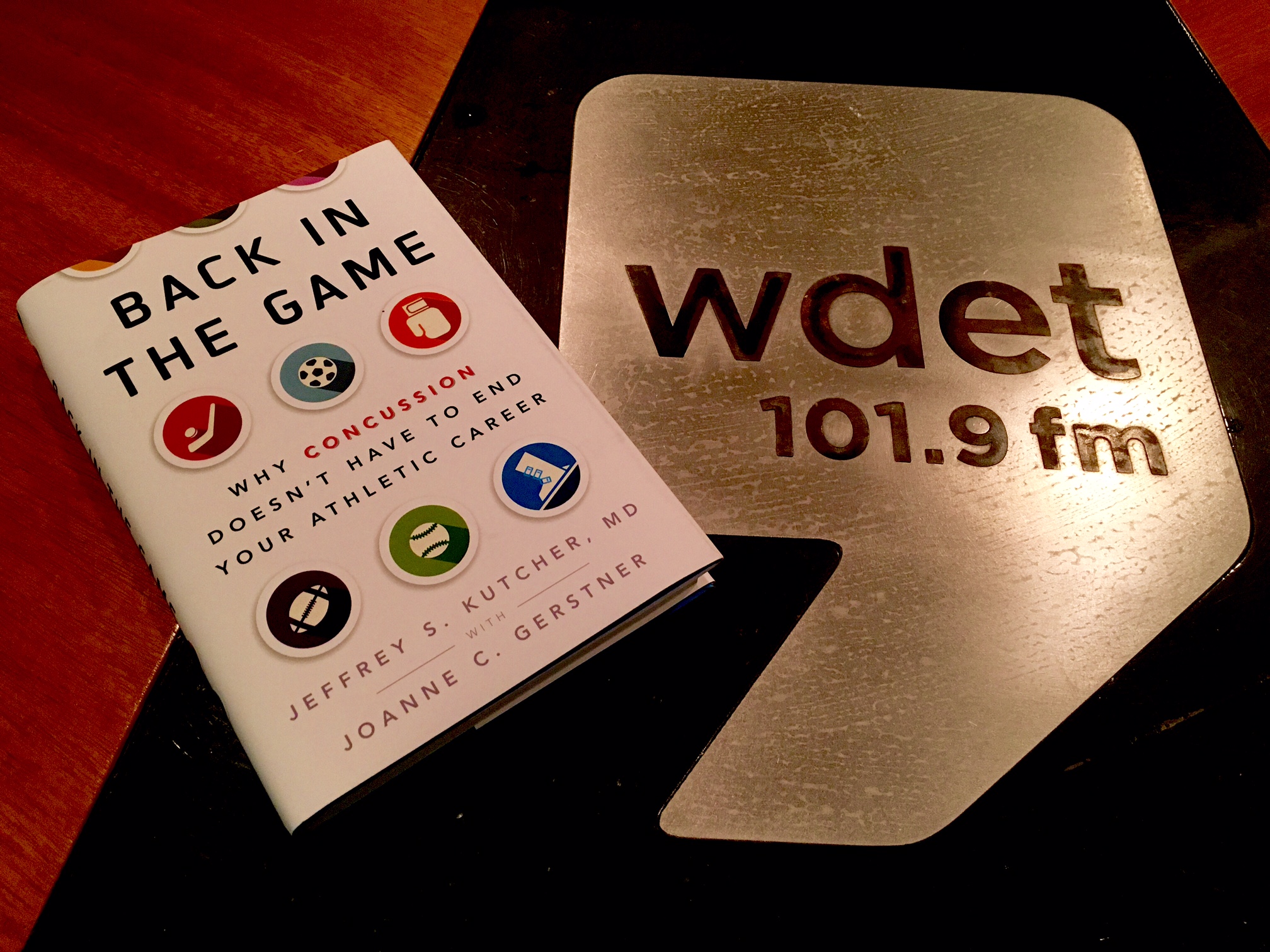Authors Say We’ve Gone Too Far On Dangers Of Concussions, Activists Push Back
Is the current debate around head injuries in sports rooted in “hysteria,” as the authors claim?


Some football fans are becoming increasingly conflicted about their love of the sport. That’s because of the mounting evidence about what prolonged exposure to the collisions that define football does to the brain.
Detroit Today host Stephen Henderson — an ardent football fan — asks, “How can I be a fan of this sport knowing people are literally putting their lives at risk to play it?”
Would you let your child play football at any level knowing what we know now about head injuries which can lead to chronic traumatic encephalopathy (CTE)?
A new book, titled “Back in the Game; Why Concussion Doesn’t Have to End Your Athletic Career,” argues that maybe we’ve gone too far when it comes to demonizing football over brain injuries.
The book’s authors, Joanne Gerstner and National Director of The Sports Neurology Clinic Dr. Jeffrey Kutcher, join Detroit Today to explore those issues.
“We do not say that sports like football are not dangerous and do not cause problems,” says Kutcher. “This is a book of perspective. It’s a book of critical thought. And it’s one that tries to put everything together, stepping away from the hype, stepping away from a lot of the oversimplification that we’ve seen in the media.”
“If you are seeking care or advice about decisions, you need to go to people and get advice that comes from foundation of science and neurology and understanding the brain,” he continues, “and not from a foundation of hysteria.”
“There are values as a child to playing sports,” says Gerstner, “the togetherness, the learning of competition, the formation of self.”
Joining the show to push back against some of the book’s claims is Chris Nowinski, co-founder of the Concussion Legacy Foundation, and public policy leader with the Boston University CTE Center. Nowinski played football at Harvard University and later became a professional wrestler with the WWE. He suffered a concussion during WWE match-up more than a decade ago, and now suspects that and earlier impacts have caused permanent damage. He now advocates for athletes, and encourages them to donate their brains if CTE is suspected.
“We are seeing pretty clearly, especially in our football population where we have the most brains, that your risk of having (CTE) does appear to be correlated with the number of year you play,” says Nowinski, “not unlike (how) your risk of getting lung cancer is best correlated with the number of years you smoke and the number of cigarettes you smoke.”
To hear the full conversation, click on the audio player above.
